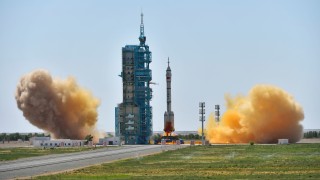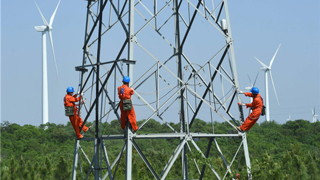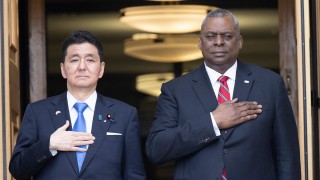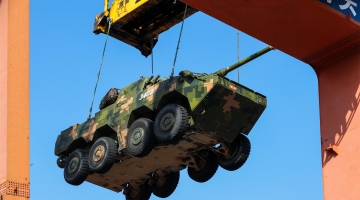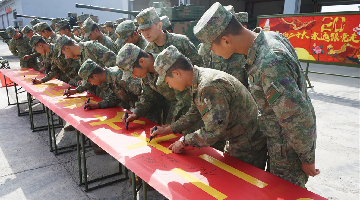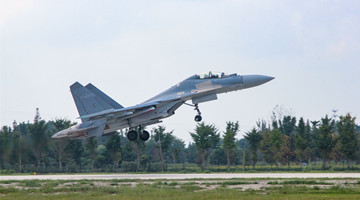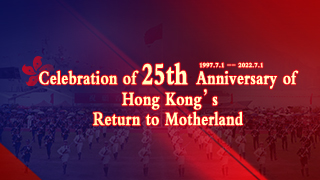As someone squeezed between China and America, the Association of Southeast Asian Nations (ASEAN) has manipulated a delicate balancing act between the two great powers. More recently, ASEAN held the first joint military drill with the U.S. Navy in the South China Sea (SCS), indicating the rising maritime security cooperation between ASEAN and the U.S.
The American media, such as the New York Times, claimed that ASEAN has tried to reduce the military threat from China by conducting military exercise with the U.S. There is a popular saying that the Southeast Asian countries rely heavily on the U.S. military while pursuing Chinese economic resource. Analysts, Americans in particular, further concluded that ASEAN is inclined to approach the U.S. through deepening defense cooperation, so as to jointly resist Chinese growing military influence in the region.
But this is not true.
The ongoing military exercise was jointly proposed and led by Thailand and the U.S., the traditional military alliance in the region. It is totally different from the previous joint military drills in which the U.S. proposed and dominated the agendas of the exercise, and the ASEAN countries have to choose between inclusion and exclusion.
Now, the ASEAN states start to play a leading role in the military exercise with the U.S., so as to mitigate China's concerns and maintain peace and stability in the region.
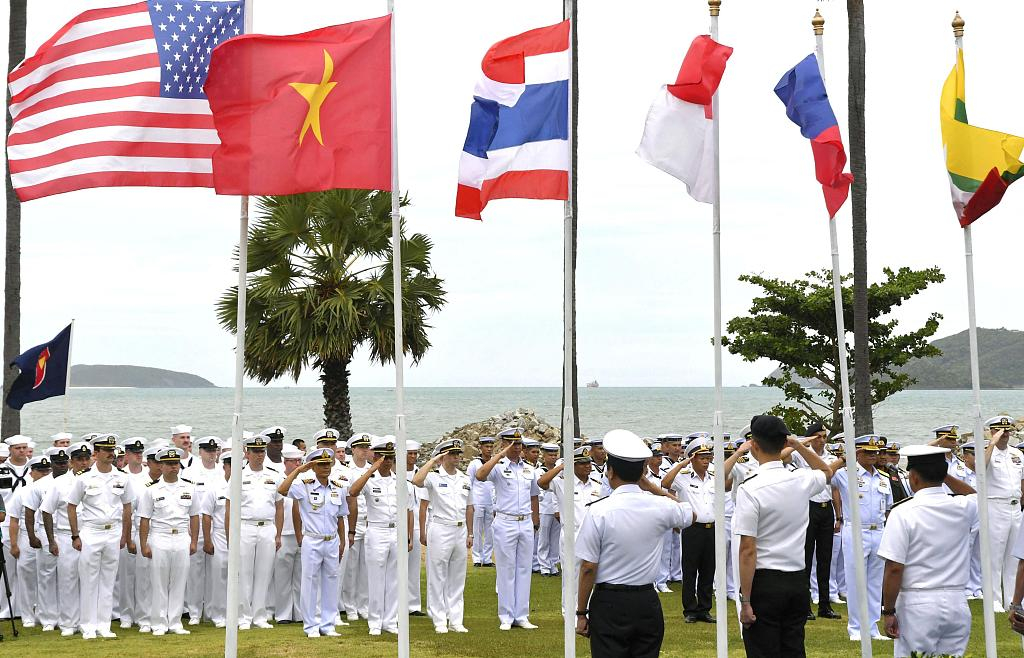
Actually, ASEAN released the news of the coming ASEAN-U.S. joint military exercise in last year when it held the first maritime military drill with Chinese Navy in Zhanjiang, in order to alleviate China's worries about the deepening maritime cooperation between ASEAN and the U.S. And then, the second joint exercise was held by ASEAN and China in Qingdao in April this year, another significant action aiming at strengthening mutual trust.
It is evident that ASEAN has a growing interest in expanding maritime cooperation with China. Such actions would not only help ASEAN build military trust with its Chinese counterparts, but also consolidate the leading role of ASEAN in reshaping the security architecture in the region.
It is within this context that ASEAN conducted the joint military exercise with the U.S. delicately, and avoid adversely affecting the maritime cooperation with China and even provoking China. For example, ASEAN limited the exercise to the areas of non-traditional security and kept the exercise away from the disputed waters in the SCS. ASEAN also did not scale up the ASEAN-U.S. exercise sharply.
What's more, some SCS claimant states, mainly including Vietnam, Malaysia and Indonesia, did not send warships to participate in the exercise. Malaysian Prime Minister Mahathir overtly criticized the exercise for wasting money and irritating China. It is clear that some ASEAN member states have been increasingly aware of the negative consequences of the maritime cooperation with the U.S.
On the contrary, ASEAN states, the SCS claimant states in particular, have gradually realized the positive significance of the maritime cooperation with China, such as the stability in the SCS and the large amount of economic benefits coming from the growing trade and investment connections with China. In fact, almost all the claimant states participated in the maritime military exercise held in China in the past year by sending warships.
In conclusion, the maritime exercise between ASEAN and America is not a sign of the joint effort made by both sides to fighting against China. Rather, it is a balancing act manipulated by ASEAN to keep its leading role in the regional order and maintain peace, stability and prosperity in the region.
(Peng Nian is an assistant research fellow at Institute for South China Sea Studies, China. The article reflects the author's opinions, and not necessarily the views of China Military Online.)

